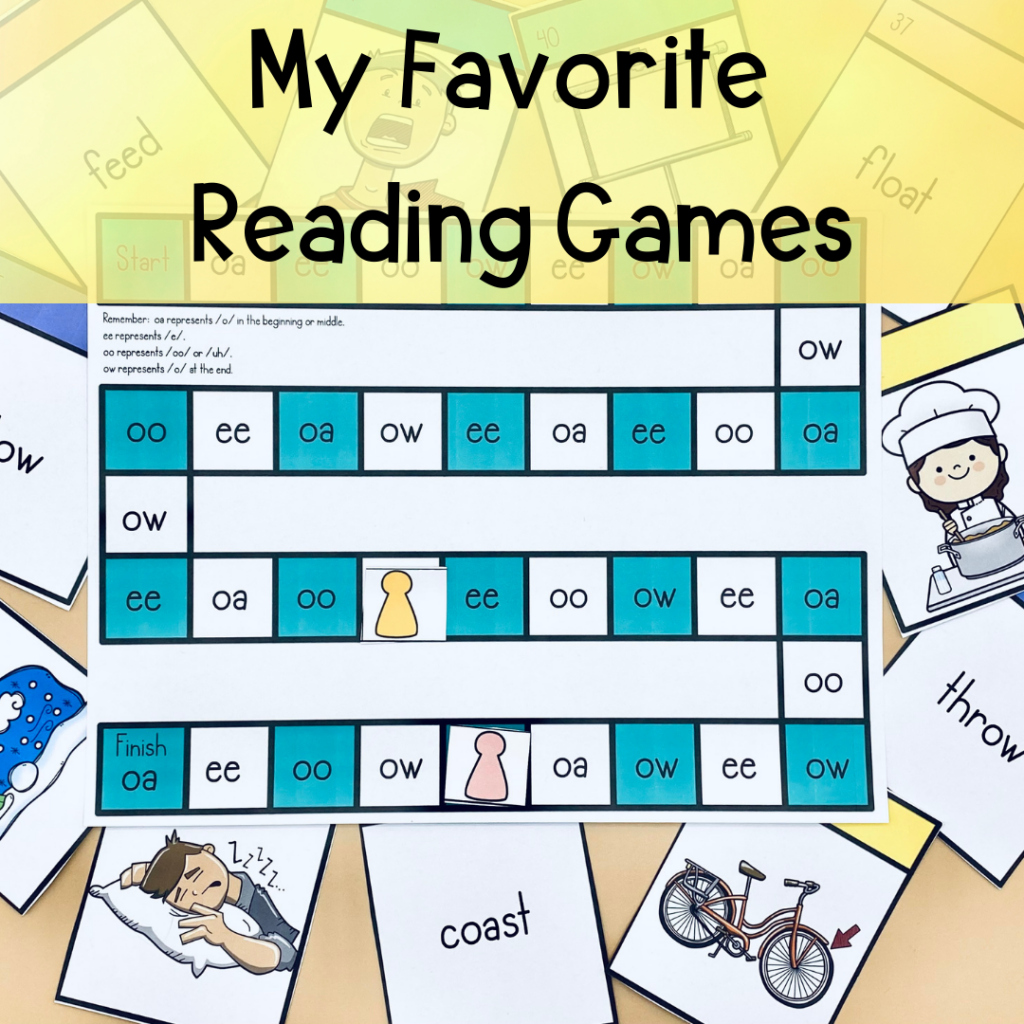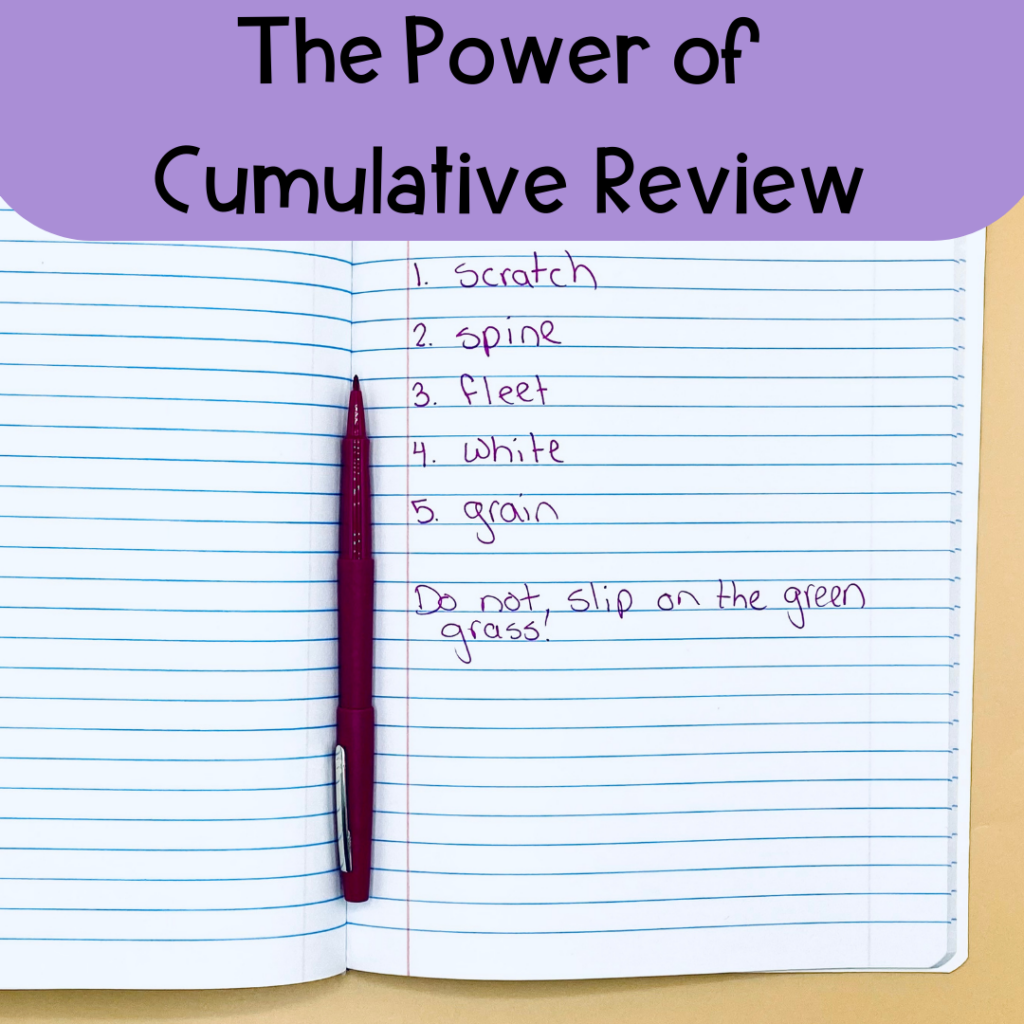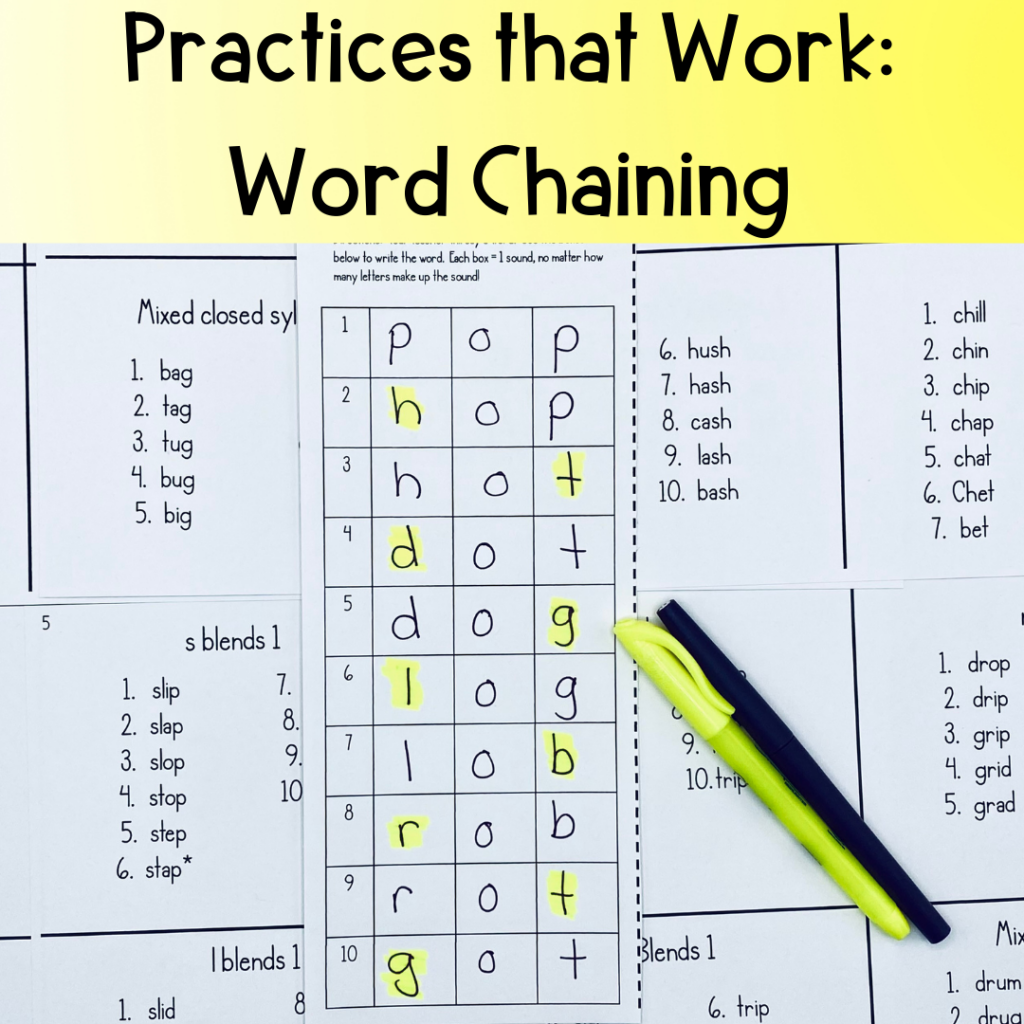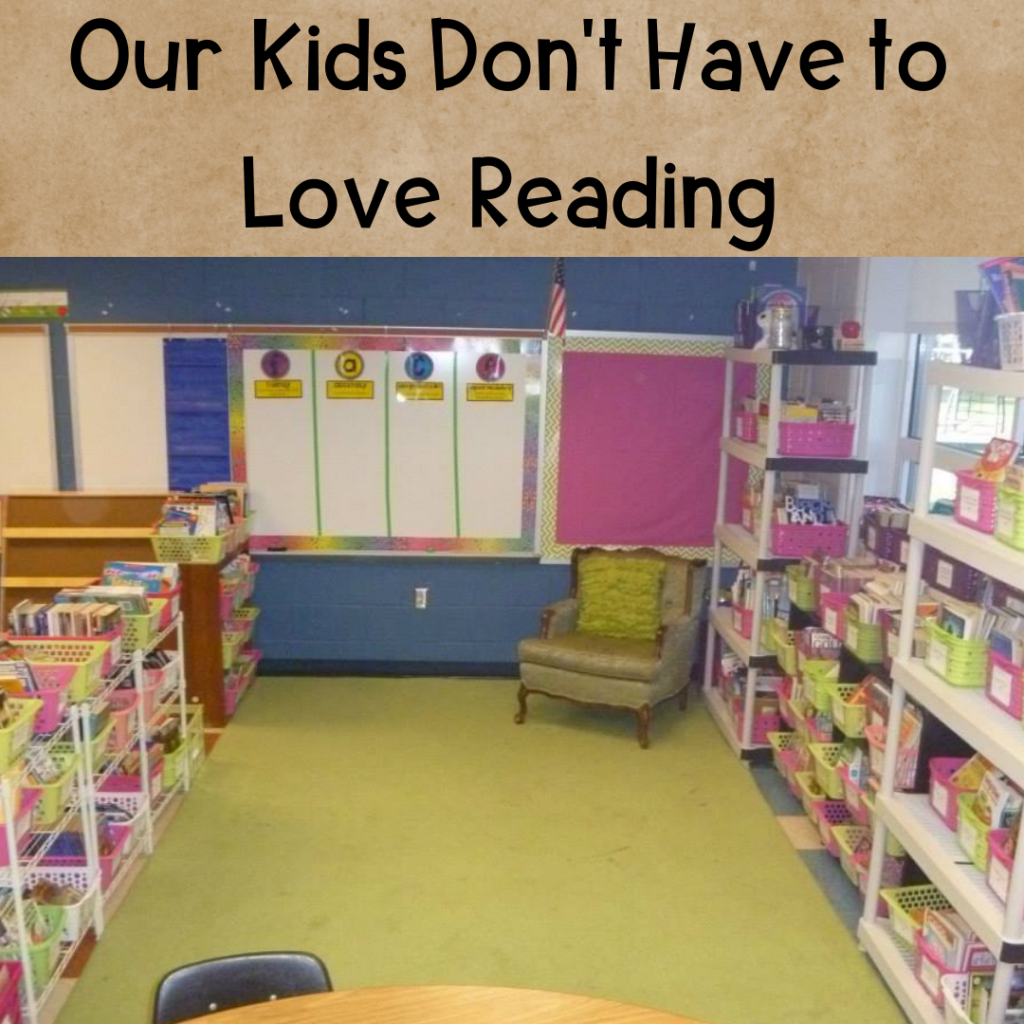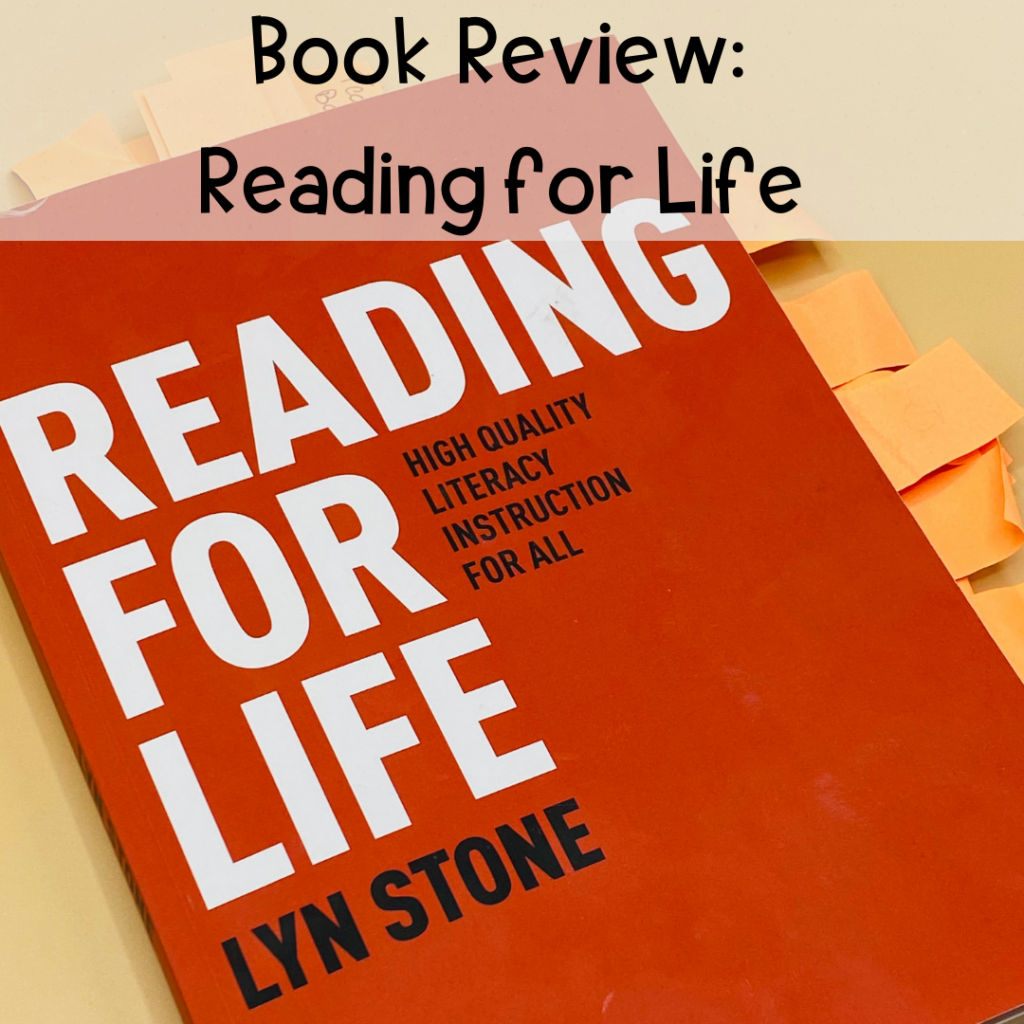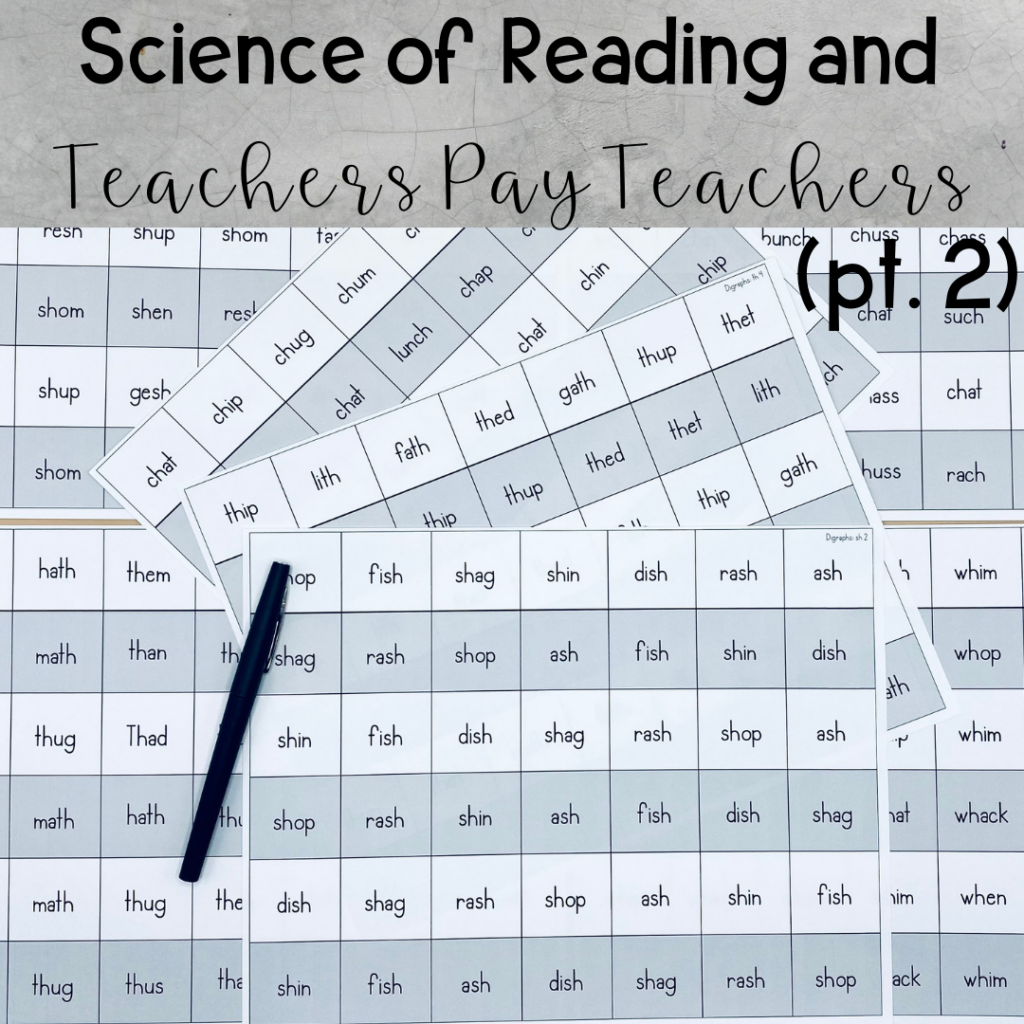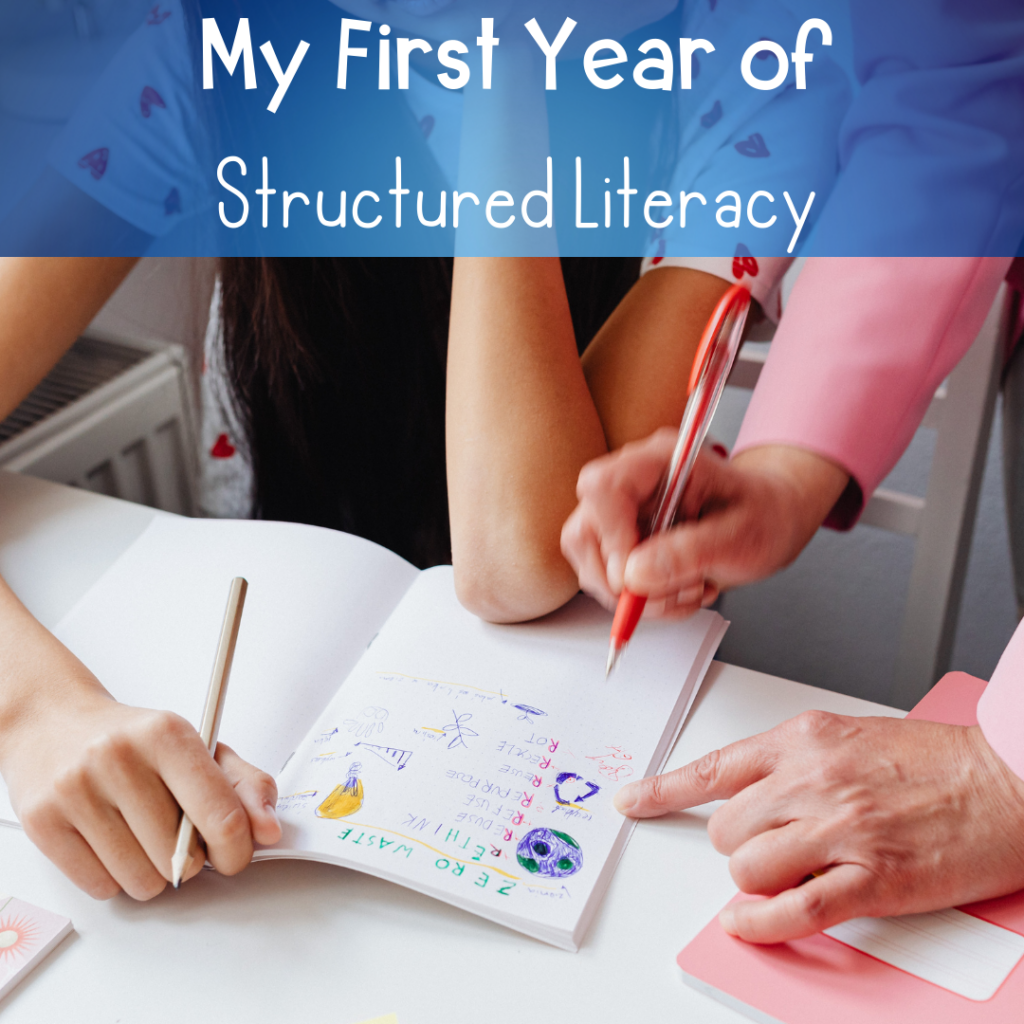
- Science of Reading
This was my first year where I fully implemented more evidenced-based practices in my intervention groups (AKA I followed the Science of Reading). In March 2020 when the world shut down, I had just heard the term Science of Reading for the first time. I was attempting to teach with both balanced literacy AND structured literacy formats. I would teach

